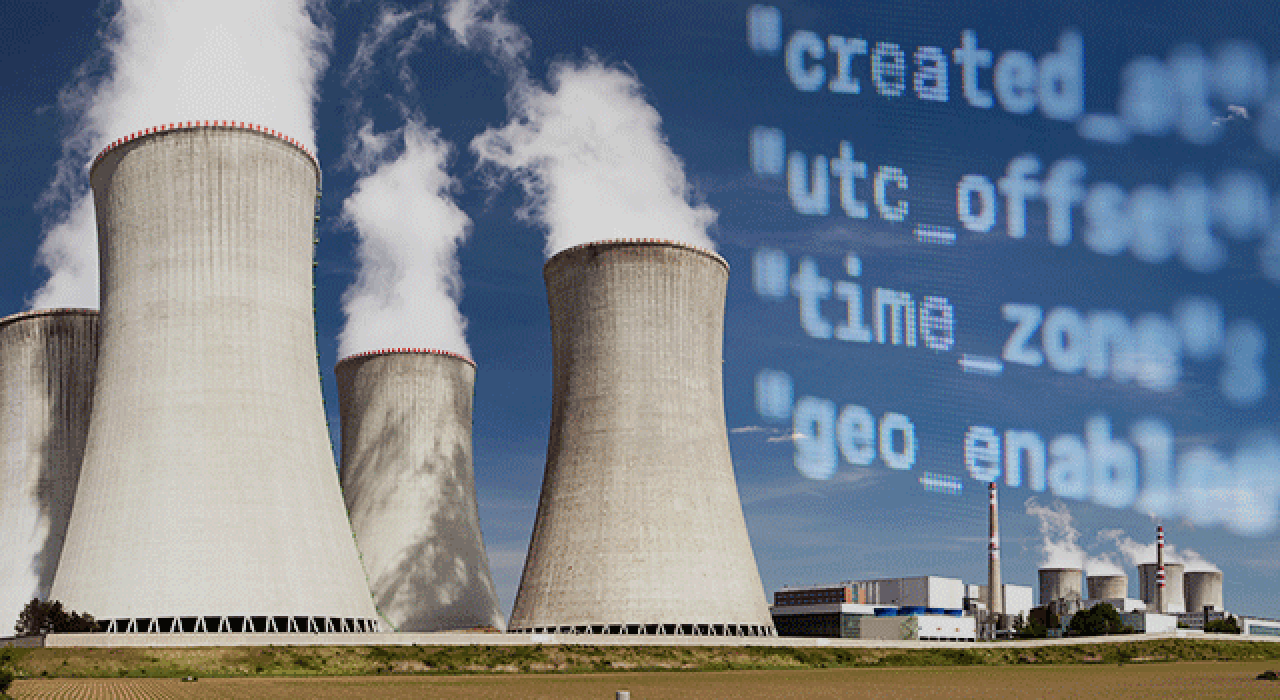JULY 2, 2021 — The Nuclear Regulatory Commission (NRC) has awarded UTSA an academic grant for $450,000.
Miltos Alamaniotis, assistant professor in the Department of Electrical and Computer Engineering, will use the grant to develop a nuclear power plant cybersecurity research program at the university.
“We will work to develop cybersecurity solutions for nuclear power plants. This is something new for UTSA,” Alamaniotis said. “UTSA does have cybersecurity, but not specifically geared towards nuclear power plants. We proposed to develop a new area that is going to be overlooked by me and will focus on cybersecurity for nuclear power plants.”
“We will work to develop cybersecurity solutions for nuclear power plants. This is something new for UTSA.”
Claire Walton, assistant professor in the Department of Electrical and Computer Engineering and the Department of Mathematics, will also work on the project during the second and third years of the NRC grant, bringing her background in control systems and applied mathematics to the project. David Akopian, professor and associate dean of research in the Department of Electrical and Computer Engineering will oversee the project from the mentoring perspective.
The proposed program would focus on several areas such as digital instrumentation and controls, artificial intelligence, data analytics, hardware-in-loop simulations, nuclear plant modeling, and cyber-physical security, Alamaniotis said.
In addition, it will contain UTSA’s first hardware-in-loop simulator, which will create simulations of nuclear power plant digital instrumentation and control (I&C) operations and cyber-attack scenarios.
“Nobody has this here at UTSA, and it’s going to be one-of-a-kind facility,” Alamaniotis said. “Only the University of Tennessee at Knoxville has one and we’re going to be the second one.”
He added that he hopes the program will allow UTSA researchers to “detect, identify, characterize and prevent strategic surprises pertained to cybersecurity of digital I&C in nuclear power plants,” while establishing a workforce pipeline.
“Through this grant we’re going to be able to study the vulnerabilities of these power plants and build solutions before putting reactors online,” Alamaniotis said.
By establishing this new program, Alamaniotis said they’ll be able to identify the cybersecurity vulnerabilities in nuclear plants and have a better idea of what new technologies can be deployed to fix any issues and protect nuclear power plants from hackers.
Alamaniotis added that he is thankful for the opportunity. “It’s a big opportunity,” he said. “It’s a big deal that we got this grant, so we can develop this new area.”
The NRC awarded 30 grants to 26 different institutions in 19 states, totaling nearly $10.7 million this year. Since 2009, the NRC has awarded 546 educational grants, totaling more than $177 million.



